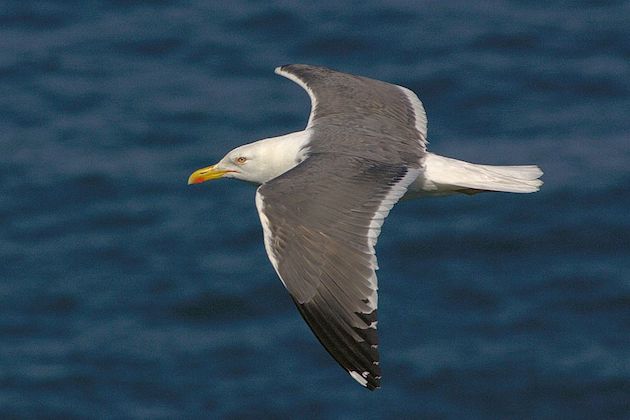Natural England adds ‘screening’ to general licence applications
Another step for pest controllers to navigate

Natural England’s latest move will mean it takes longer to get permission to control birds not covered by the general licences, such as lesser black-backed gulls and herring gulls. The government body advises: “To apply for a licence to control wild birds for conservation or health and safety purposes that are no longer covered by a general licence, you need to submit a screening form.”
Applicants now have to navigate forms A08 and/or A09 to Natural England. Lesser black-backed gulls and herring gulls require an individual licence to control in England, as both species are absent from general licences. The new Wild birds: licence to kill, take or disturb to prevent disease or agricultural damage, for conservation, or public health and safety (A08 and A09) form is available from Natural England here.
Positive response from BASC
However BASC’s head of game and gundogs Glynn Evans says: “The handling of individual licence applications last year by Natural England was beset by significant delays which impacted conservation efforts. This pre-screening service is a welcome attempt to streamline the efficiency of the application process. BASC will be monitoring the situation closely to ensure the required improvements are made.”
Shooting Times contributor Richard Negus commented: “The screening process looks on the surface to be a helpful tool. However, having waited for over 8 months, as yet to no avail, for approval from DEFRA of a mid tier countryside stewardship scheme, my faith that this government department is capable of streamlining or speedy action is less than wholehearted.”
NGO chairman Liam Bell says: “The number of farmland birds in England has fallen by 57% since 1970 in a biodiversity crisis that threatens many species with extinction.
“Natural England is in danger of throwing what remains out with the bathwater by making it so difficult – impossible in the case of wild pheasants and red-legged partridges – to get predator control licences which until now have been widely available. It’s a catastrophic mistake that will harm many other vulnerable species. No justification has been given for Natural England’s sudden change of policy.”








